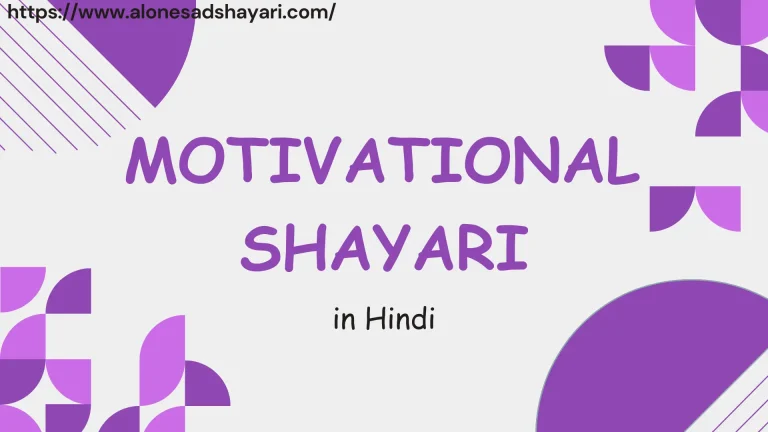Casino Addiction: The Journey of Risk and Reward

Gambling at a casino—whether online or offline—can start as a thrilling form of entertainment. For many, it’s just a fun way to unwind, win some money, and enjoy the excitement of chance. But for others, this thrill slowly turns into an uncontrollable habit, leading to emotional, financial, and social devastation.
In this article, we explore the psychology of casino ww88 addiction, the signs and symptoms of a gambling problem, the science behind why it happens, and most importantly, how to get help.
What is Casino (Gambling) Addiction?
Gambling addiction, also known as problem gambling or compulsive gambling, is a mental health disorder where a person cannot resist the urge to gamble—despite harmful consequences.
It’s not just about losing money. It affects a person’s relationships, career, mental health, and sense of self. The addicted individual continues to chase losses and risks everything for the “next big win.”
The Psychology Behind Gambling Addiction
1. The Brain’s Reward System
Gambling triggers the dopamine system in the brain—the same system activated by drugs, food, or sex. When you win, your brain releases dopamine, creating a feeling of pleasure and excitement.
Over time, the brain becomes desensitized, requiring more intense gambling experiences to achieve the same high—this leads to riskier behavior and larger bets.
2. The Illusion of Control
Gamblers often believe they can “beat the system” through skill, rituals, or lucky charms. This illusion of control makes them think they’re just one step away from a huge win.
3. The Near-Miss Effect
Slot machines and other games are designed to show “almost wins” (e.g., two jackpot symbols and one just off), which keeps players engaged. This near-miss phenomenon tricks the brain into thinking a win is close, increasing the urge to keep playing.
⚠️ Signs and Symptoms of Casino Addiction
Gambling addiction can creep up silently. Here are some common signs:
- Inability to stop or cut back, despite trying
- Spending more money or time than planned
- Lying to family and friends about gambling habits
- Chasing losses — trying to win back lost money with more bets
- Borrowing or stealing money to gamble
- Neglecting responsibilities (job, family, bills)
- Mood swings, depression, anxiety, or restlessness when not gambling
If someone experiences multiple signs from this list, they may be struggling with gambling addiction.
Consequences of Gambling Addiction
1. Financial Ruin
Addicted gamblers often end up in deep debt. They may max out credit cards, lose savings, or even face bankruptcy.
2. Broken Relationships
Lying, secrecy, and financial stress can lead to divorce, damaged friendships, and broken family ties.
3. Mental Health Issues
Gambling addiction is often linked to depression, anxiety, insomnia, and in severe cases, suicidal thoughts.
4. Legal Problems
Some addicts may turn to theft or fraud to support their habit, leading to legal trouble.
Who is at Risk?
While anyone can become addicted, some people are more vulnerable:
- People with mental health conditions (e.g., depression, ADHD, substance abuse)
- Young adults and teenagers
- People with a family history of addiction
- Individuals under financial or emotional stress
- Casino employees or frequent players
Online Casinos and the Rise in Addiction
The rise of online gambling has made access easier than ever. With 24/7 availability, mobile apps, and anonymous play, it’s become harder for people to recognize when their habits cross the line.
Features that make online gambling addictive:
- Unlimited playtime
- Easy deposits and withdrawals
- Free-play versions that build false confidence
- Personalized ads and reminders
Unlike physical casinos, there’s no closing time or social accountability in online gambling.
How to Break Free from Gambling Addiction
1. Acknowledge the Problem
The first step is honesty. Admit to yourself (and someone you trust) that gambling has become a problem.
2. Self-Exclusion Tools
Many online casinos https://ww88lm.com/ offer options to block your account, set deposit/time limits, or suspend access for a specific period. Use these tools proactively.
3. Seek Professional Help
There are therapists who specialize in gambling addiction, and treatment options like:
- Cognitive Behavioral Therapy (CBT)
- Support groups (like Gamblers Anonymous)
- Financial counseling
- Rehab programs
4. Install Gambling Blockers
Apps like Gamban, BetBlocker, and GamStop (UK) can block access to gambling sites across all devices.
5. Find Healthy Alternatives
Replace the gambling habit with positive activities like exercise, reading, volunteering, or hobbies that provide dopamine without financial risk.
Helping a Loved One with a Gambling Problem
If someone close to you is showing signs of casino addiction:
- Approach with empathy, not judgment.
- Encourage professional help.
- Avoid bailing them out financially—this can prolong the problem.
- Set boundaries to protect yourself emotionally and financially.
- Consider joining support groups for families, like Gam-Anon.
Myths vs. Facts About Gambling Addiction
| Myth | Fact |
| “It’s just a lack of willpower.” | It’s a recognized psychological disorder. |
| “You have to gamble every day to be addicted.” | Binge gambling is also a form of addiction. |
| “They’ll stop once they win big.” | Big wins can make the addiction worse. |
| “If they loved me, they’d stop.” | Addiction hijacks the brain—love isn’t the issue. |
Scientific Insight: Why It’s So Hard to Stop
Studies show that gambling affects the brain’s prefrontal cortex, which controls decision-making and impulse control. Over time, the brain builds tolerance—needing higher stakes or more frequent play to feel the same high.
This makes quitting incredibly hard without support. Like drug addiction, relapse is common—but treatable.
️ Hope and Recovery Are Possible
The journey out of casino addiction is tough, but not impossible. Thousands of people have recovered with the right help and support. Recovery is not just about quitting gambling—it’s about rebuilding trust, finances, and self-worth.
Small steps can lead to big changes. And every day without gambling is a victory.
Help Resources (Global)
- Gamblers Anonymous (GA) – https://www.gamblersanonymous.org
- BeGambleAware (UK) – https://www.begambleaware.org
- National Council on Problem Gambling (US) – https://www.ncpgambling.org
- GamTalk (Online Support Group) – https://www.gamtalk.org
Conclusion
Gambling, when controlled, can be entertaining. But when the thrill becomes a trap, it turns into a silent destroyer of dreams, families, and mental peace.Understanding how addiction works is the first step to fighting it. Whether you’re struggling yourself or trying to help someone else, remember: you are not alone, and help is always available.Play smart. Play safe. Or step away to live free.






